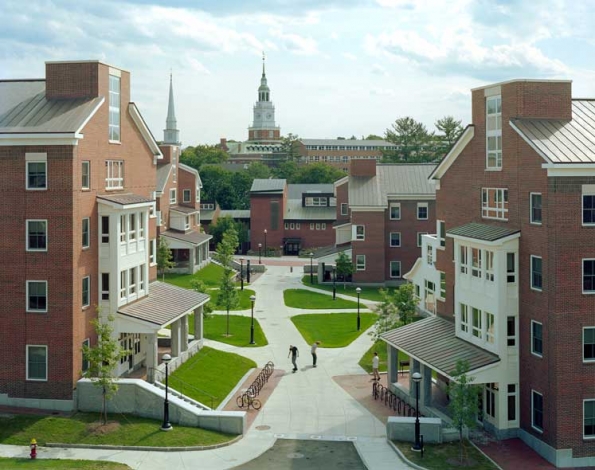
Behind the beginning of any nation is the idea of having a voice—it is the idea that those who are governed should have the right to say what is most beneficial to them in order to live a happy and comfortable life. Therefore, it is also the job of the governed to peacefully disagree with those in power when they believe that actions of the government are contrary to their best interest. This fundamental idea has been the impetus of change for the United States and any other country that has experienced change towards a more modern society that reflects the wills and wishes of our current society. This same idea must be in effect in any sort of governing system in order to better that system.
For these reasons, I applaud the efforts of the Student Assembly. Upon announcement of the new card access policy, the Student Assembly was swift to recognize the unpopularity of such a policy and the burden it has been to the students of Dartmouth, resulting in the formation of a petition that reached over three thousand signatures. I believe it is more than fair to say that the new updates on the card access policy have been met with far less than overwhelming support by the student body, and for good reason. While the administration claims that the new policy only concerns the safety of the students, what safety precautions are actually manifested? Before the policy, any single person who is waiting outside a dorm is immediately recognized as a suspicious character—this is unjust. Any Dartmouth student, faculty, or staff should be able to get in. This new policy, though, treats students like strangers, forcing them to wait outside dorms in the frigid fall air until someone can let them in. Any stranger, regardless of whether they pick up a key access card, would simply replicate the actions of a student while trying to get into the door and, because of Dartmouth students’ amicable nature, will be let in when the next person enters the dorm.
Even more, Dartmouth knows that it has made a mistake by enacting this policy. Why, then, would it enact the ‘New Compromise,’ opening up common rooms such as Occom Commons and the Cube to students, when a person with malicious intent could be just as harmful in these areas, as well? Additionally, from some of these common spaces, you can access the dorms that the administration seemed so adamant to protect. It seems as though the administration wanted to utilize the power of technology to take more precautions in protecting student safety—an overall respectable cause, but simply not executed in the correct manner. This policy will do nothing more than burden Dartmouth students while failing to actually increase the campus safety. At this point, the administration is refusing to admit a major blunder and is instead hoping to save face with this new compromise.
This is, by no means, to say that there should be any feelings of animosity towards the administration at the current moment. The two most important takeaways from the compromise are that the administration knows that they messed up and are willing to listen to student opposition—a promising sign that we may gain our access rights back eventually. This is why I urge you, readers, to recognize your duty to start the change. It is the responsibility of every student to contribute to change that will allow our school to undo this step back in progress. Contact the Student Assembly to voice your support for their part against this policy or contact Dean Lively or Associate Dean Wooten. Both Deans are extremely understanding of students and truly are here to amplify our concerns. There is much to be done to uproot this policy, and there is much you can do to help the administration help us.

Be the first to comment on "Dorm Access Policy Improves Marginally"